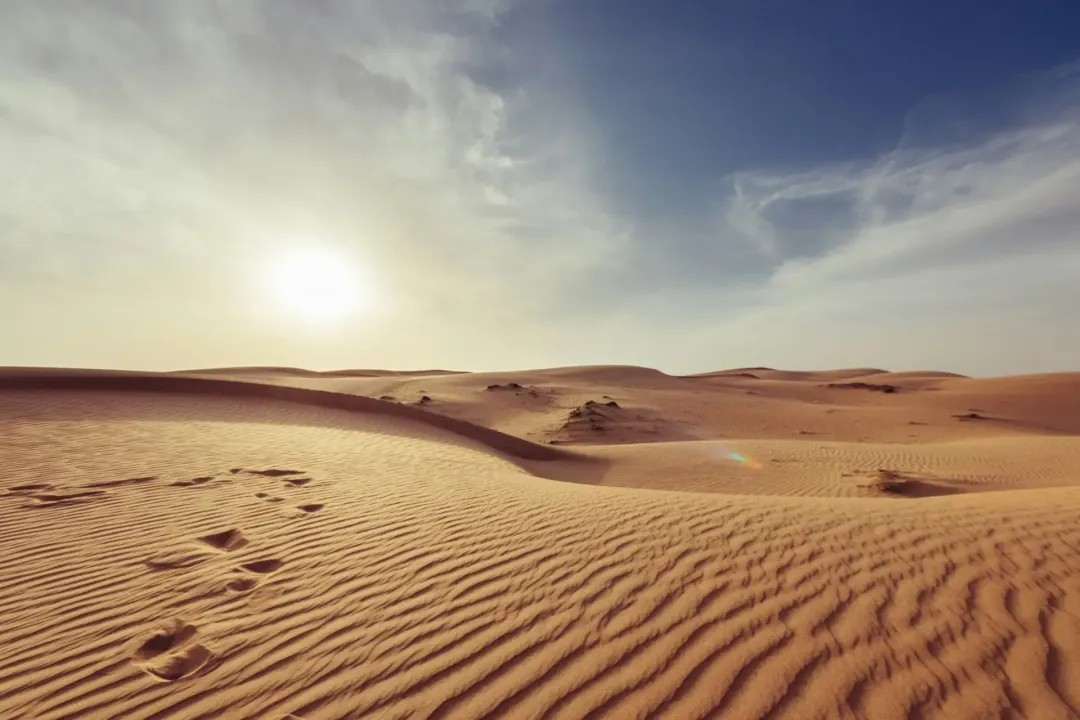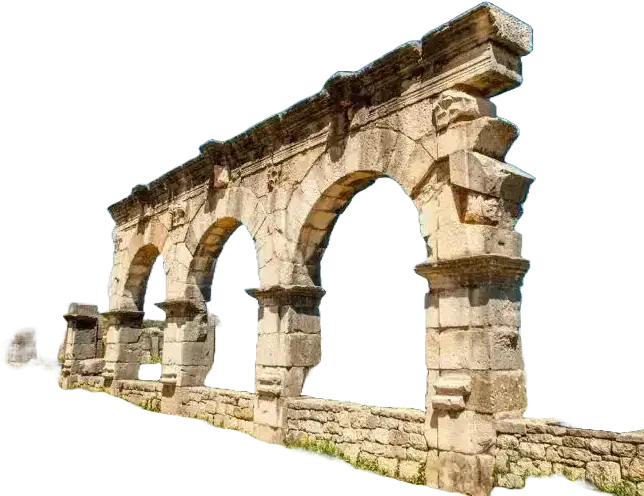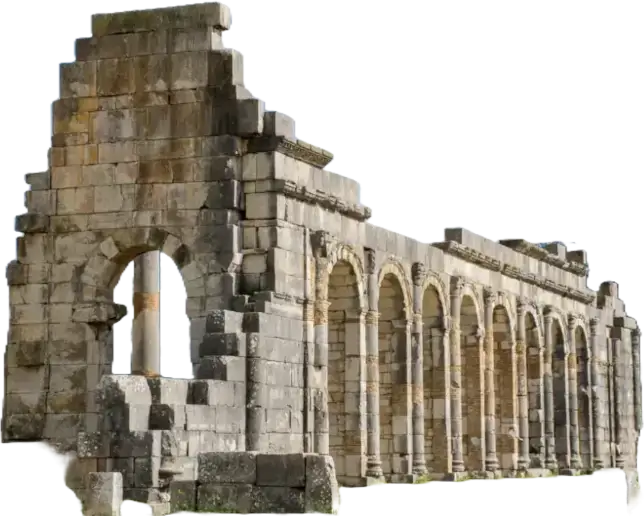Over the last several weeks, the southern Algerian city of In Salah has witnessed a series of unprecedented protests, with thousands of people opposing the exploitation of shale gas in the region. Protests in Algeria are common, but what makes these unique is that they are targeting the hydrocarbons sector, which is the backbone of the Algerian economy. Because of the profile of the Algerian extractives industry and the priorities of the government in Algiers, the protestors’ demands are unlikely to be met and shale gas activities will begin. Risks, however, remain.
A lot of work has been done on political violence and social unrest in the extractive industries. In some cases, violence and unrest are driven by greed – the desire to capture natural resources and their revenue. In other instances, violence and unrest are motivated by grievances – perceptions of unfair distribution of resource rent, disproportionate environmental costs borne by the local community, exclusion from employment, etc. This greed/grievance split, however, is not static and grievance can quickly become greed (see: Libya, civil war...)
Given their prominence, a lot of work has focused on sub-Saharan Africa resource conflicts, but very little attention has been paid to North Africa. It turns out that the profile of the extractives industry in North Africa is distinct from the rest of the continent and that this influences the kind of political and social unrest that we see.
North African extractives are low value-to-weight commodities. Unlike precious gems or gold, you need a lot of oil or gas or ore for it to be valuable. A suitcase of iron ore doesn't get you very much. In addition, North African extractive activities are far from the markets where they are sold and are entirely dependent on complex infrastructure networks to get the product from the wellhead or mine to market. And more often than not activities take place in remote, sparsely populated areas.
What this means is that in order to capture North African resources and rent – the so-called “greed” theory – you would need to capture not only the site where the activities take place, but also the entirety of the transportation infrastructure to get the product to market. And you would have to be able to hold the territory you captured. This is not an easy thing to do. (In Libya it has become easier with the collapse of the state, but elsewhere in North Africa, like Algeria, states are strong.) As a result, most natural resource unrest in North Africa is restricted to the “grievance” model. Communities protest about pragmatic, attainable goals, not pie-in-the-sky wealth.
Whether a government tries to address these grievances or not depends on a lot of factors, not least of which is the government’s repressive capacity – can the government afford to simply quash the protests? Or does repression have high political (and ultimately security) costs, like sparking a broader nationwide rebellion? There are, of course, middle grounds, meeting protestors half-way, acquiescing to some demands and dismissing others. But governments do this at their peril. More radical protestors may take an “all or nothing” approach, and “nothing” may lead to violence whose goal is not to capture revenue, but to prevent the government from getting it either.
In the case of the In Salah protests, Algiers will not resort to repressing the protests outright, but at the same time, it will not abandon plans to exploit shale gas. Algeria knows too well the destabilizing backlash of putting down protests, but it also desperately needs more hydrocarbons revenue. Even before the recent collapse in crude prices, Algeria was facing a hydrocarbons revenue decline due to declining oil production and decreasing natural gas exports.
So President Abdelaziz Bouteflika will strive to strike a balance, likely pledging to dedicate more resources to southern Algeria’s social and economic development, all the while making plans to move ahead with shale gas exploitation. At the very least, this may buy Bouteflika and his Prime Minister Abdelmalek Sellal some time. But there remains the risk that the protest movement’s failure to completely halt shale gas exploitation may convince some protestors of the need for more radical measures, including the use of violence, which could ultimately lead to terrorism. After all, at least one of the 2013 Tigantourine attackers may have been motivated by grievances that started in the oil patch, went unmet, and festered into something far worse.
It’s important to note that shale gas exploitation is not just an Algerian issue, but is something at play in Tunisia and Morocco as well. As such, the In Salah protests could serve as a bellwether for other anti-shale gas movements in the region. We will continue to watch the developments in In Salah and keep an eye on the government’s own evolving views on the issue.
Please do not hesitate to get in touch if with questions or concerns.


